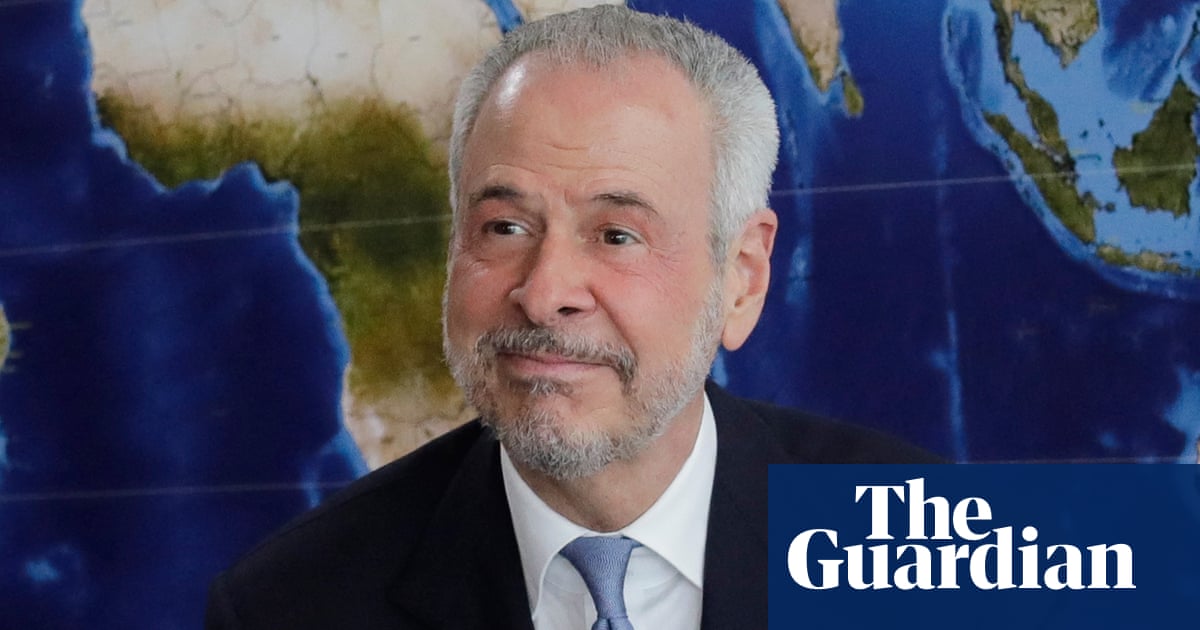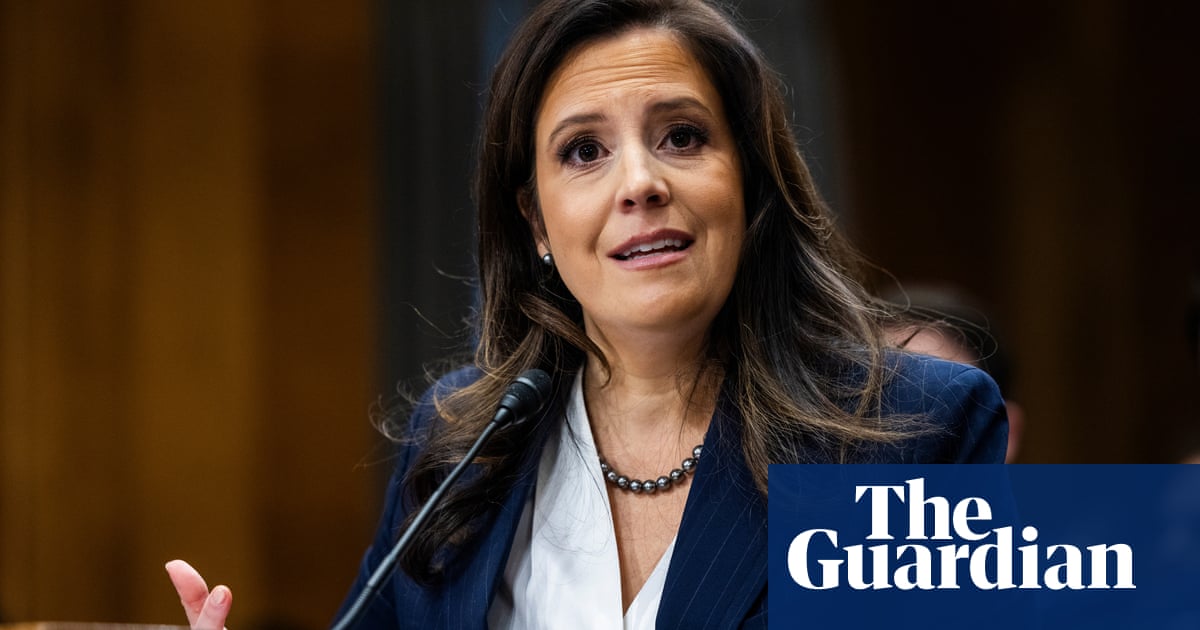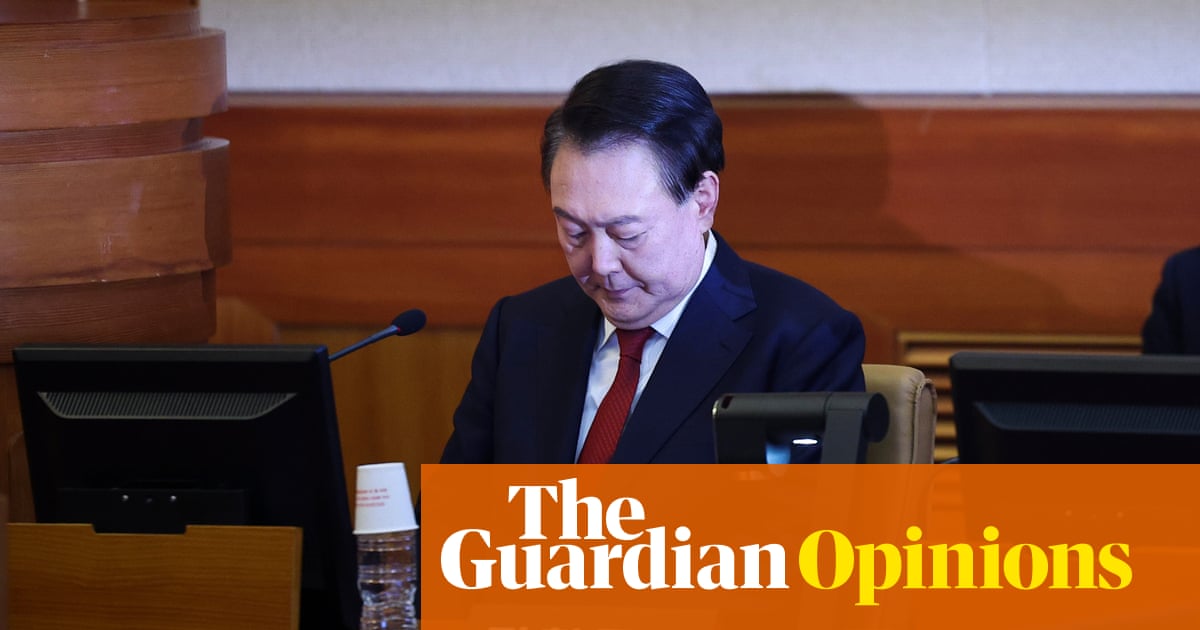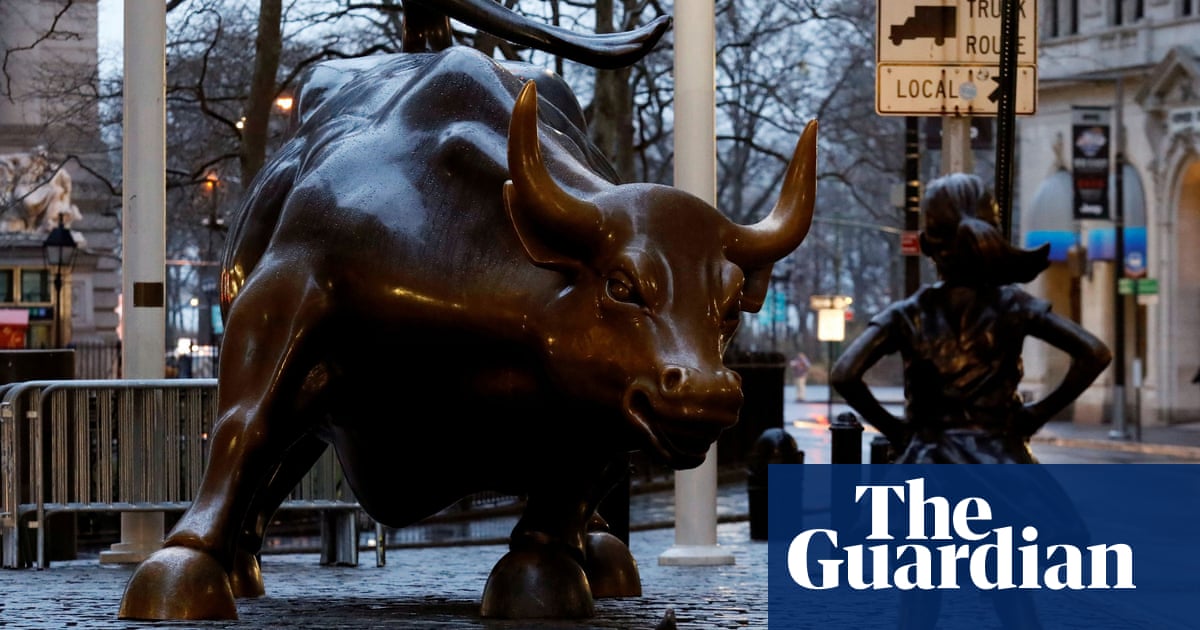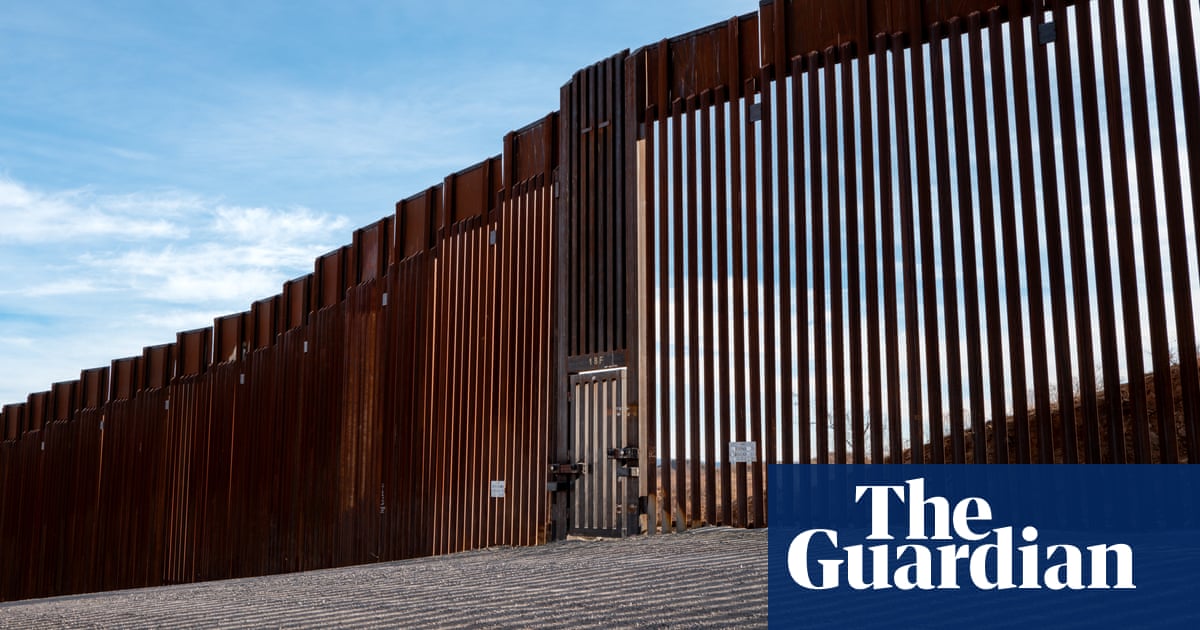Labake Ajiboye-Richard, the founder of a Lagos-based sustainability consultancy, was driving in Nigeria’s most populous city earlier this month when she saw someone throwing rubbish out of their car window.
“I was so shocked to see that in 2024,” she said. “If you’re throwing something on the road, what are you doing in your home? What are you doing in your community?”
Lagos – like the rest of Nigeria – has a rubbish problem, particularly when it comes to plastic. Figures from the World Bank show the country generates 27.6m kilotonnes of municipal solid waste annually – one of the highest volumes globally – of which 13% is plastic. Only about a tenth of that plastic waste is recycled.
Research this year by the UN environment programme found an estimated 50-60m used water sachets are thrown on to the streets every day in Lagos alone.
In January, Nigerian authorities announced a ban on single-use plastics, effective from next month, but there is little evidence the country is ready for implementation.
Food vendors from Abeokuta to Calabar and Kaduna to Onitsha are still using Styrofoams and other disposable single-use plastics daily. And at the Oniru and Tejuosho markets in Lagos, some traders said they had not even heard of the ban. Their preoccupation was the cost of living crisis.
Since taking office in May 2023, President Bola Tinubu and the central bank governor, Yemi Cardoso, have embarked on a series of controversial economic changes that external actors such as the World Bank and International Monetary Fund have commended. However, many regular citizens say any intended impact of the overhauls are yet to trickle down. Moreover, they are choosing to focus on making ends meet, rather than on the single-use plastics deadline.
“T-Pain and Cardi B want to kill us before our time,” said Amos Adeyanju, a 28-year-old taxi driver, referencing the popular nicknames of the president and bank chief. “I spend almost half my daily earnings on buying fuel and buying food, why should I also spend on expensive alternatives when plastic is cheaper and easier to get?”

In August, federal authorities discontinued single-use plastic in government offices, and the environment ministry said it was establishing “a comprehensive framework to support effective sensitisation, implementation and enforcement of the ban across the country”.
But observers are sceptical.
Adewunmi Emoruwa, the lead policy strategist at the Abuja-based public strategy and media group Gatefield, described the implementation of the anti-plastic policy as “lacklustre”.
after newsletter promotion
“The industry has had decades to either pay up or clean up its act, yet it continues to unduly influence regulators with the same stale talking points,” he said. “When fiscal strategies fail to align with policy rhetoric, what should be enforceable rules devolve into mere suggestions.”
Experts say a lot of unsustainable practices that involve the use of plastic are relatively new in African culture. Food for instance used to be wrapped in banana leaves and fermentation processes were common, to extend the life cycle of edible items.
Some are advocating an integration of some of those old concepts as well as the introduction of incentives to change attitudes.
“I think there’s a crucial missing step, which is addressing behaviours, [explaining] why single-use plastic is bad for the environment,” said Ajiboye-Richard. “Money is always an incentive to everybody … and a high factor in decision-making.”
Until then, progress is unlikely, she added. “If I start seeing some of these strategies in place, I feel like we can get single-use plastic from the shelves by 2030.”

 4 weeks ago
21
4 weeks ago
21







